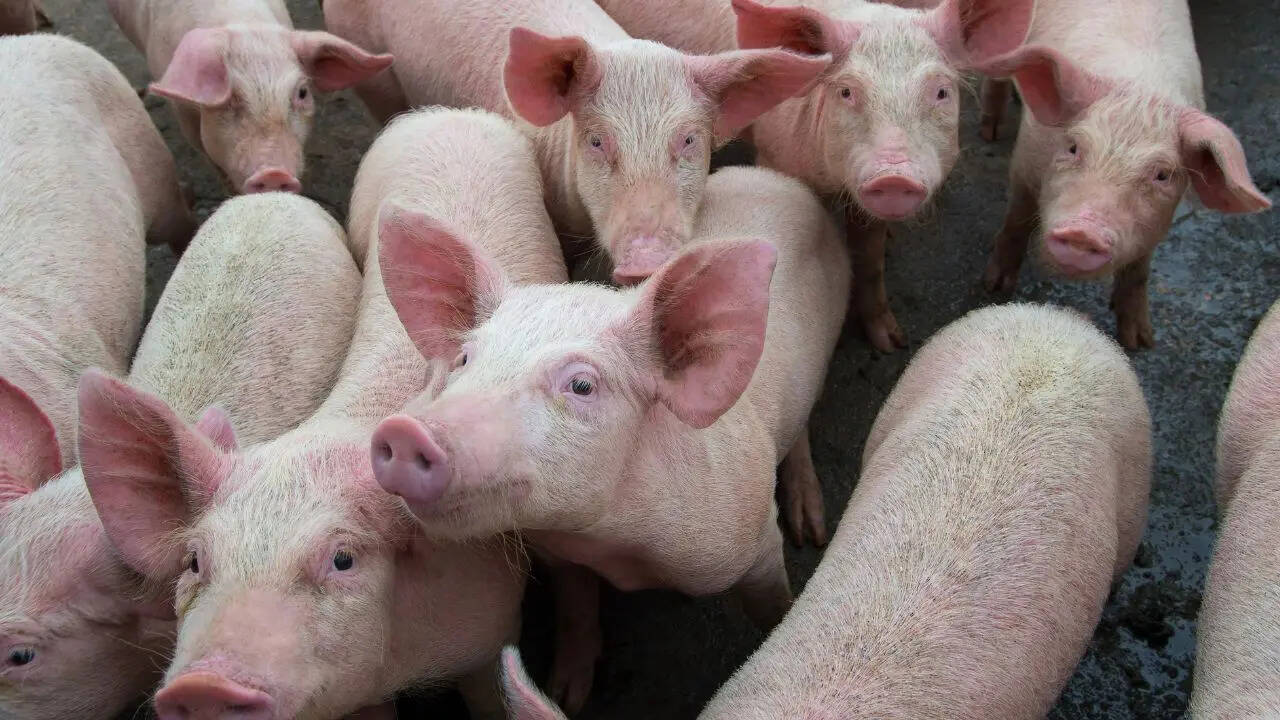African Swine Fever Hits Kerala: Can It Affect Humans? Here’s What You Should Know

Credits: Canva
SummaryAfrican swine fever is caused by a large, double-stranded DNA virus that belongs to the Asfarviridae family. This virus leads to a severe hemorrhagic fever in domestic pigs, often resulting in high death rates. With cases now rising in India, a pressing question for many is: Can this virus infect humans?
End of Article
